Online Safety


Online Safety is an integral part of children’s education in today’s digital world and is embedded in their learning at school. As a school we understand the importance of supporting parents/carers to improve their own understanding of online safety issues, so you can engage with your children regarding their use of the internet while at home.
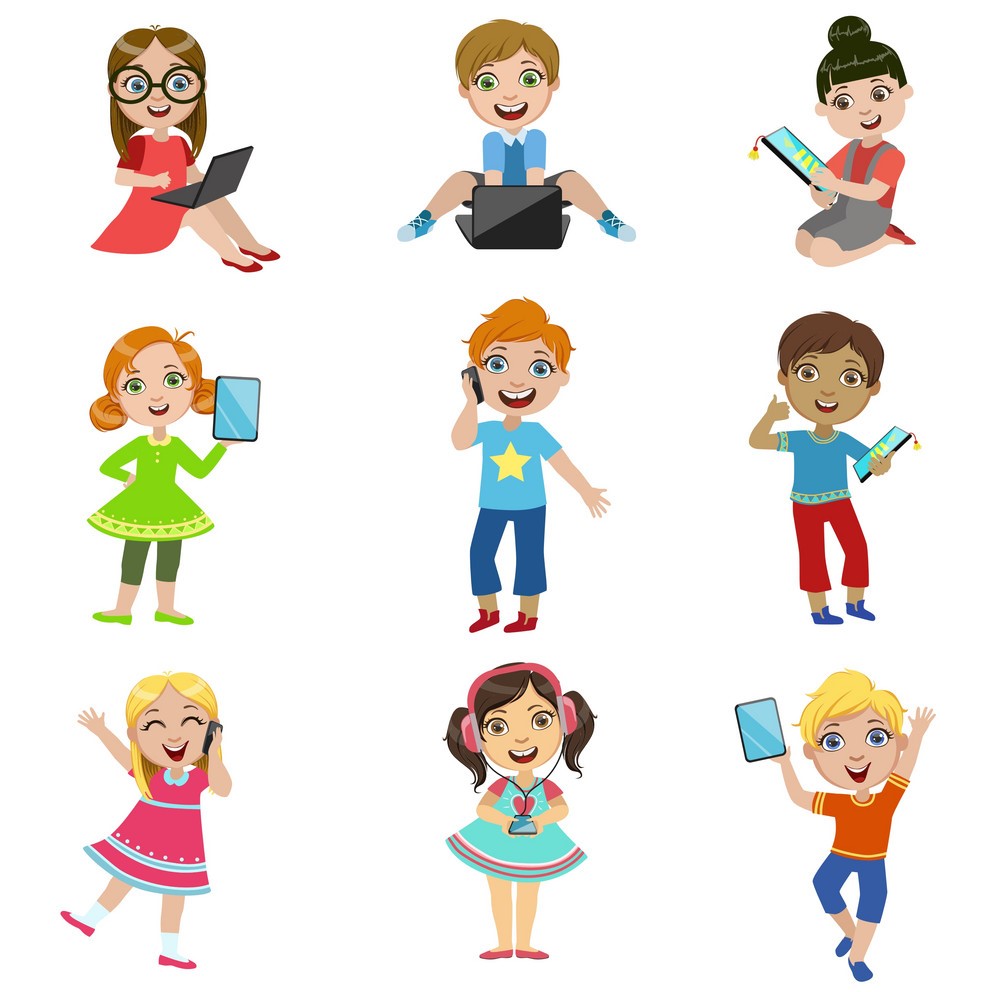
Online Safety Curriculum at School
In school we follow these rules to help us stay safe online at home and at school:
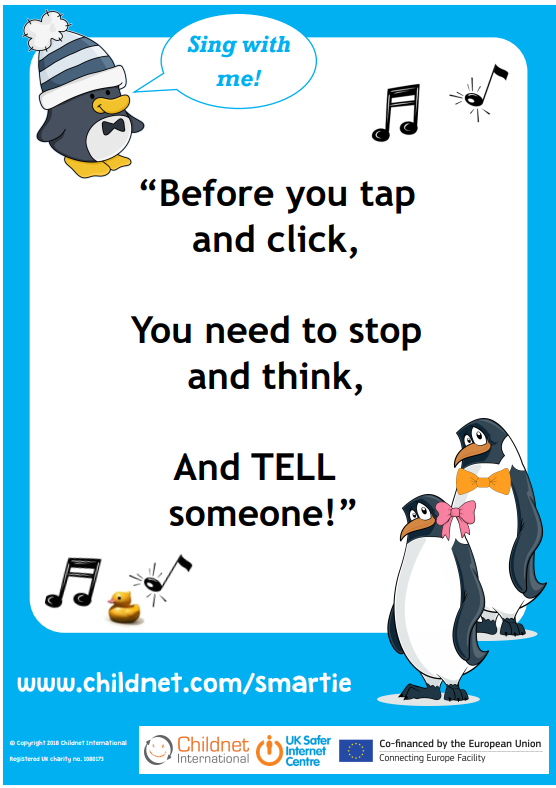

Early Years and KS1- SMARTIE the penguin KS2 SMART Rules
SMARTIE stories - below are the SMARTIE stories we use in class to help teach online safety. Please enjoy reading them with your child and using them as a starter for a discussion about how to stay safe while they are online:
SMARTIE powerpoints
At St Ignatius we have an online subscription to the National Online Safety website. If you would like to take part in one of their online parent courses please do not hesitate to get in touch with Miss Taylor on Class Dojo.
https://nationalonlinesafety.com/courses/os-for-parents-carers-of-children-aged-3-7
https://nationalonlinesafety.com/hub/view/course/os-for-parents-carers-of-children-aged-7-11
Pupil Technology Use Agreements:
All our pupils sign a copy of our technology use agreement every year after discussions as a class on what it means to be a 'good' technology user
Pupil Acceptable Use Agreements
You could create your own family agreement for how your child uses technology at home using the document below:
Family Agreement
Throughout school we aim to teach children:
- about the impact of cyber-bullying and what to do if they have been affected.
- to be vigilant when communicating online recognising that people may not always be who they say they are and to be sensible about what they share.
- to tell an adult they trust if something is upsetting them.
- to question the reliability of information given through a web based source.
- to search responsibly for information while using internet browsers.
We understand that much of our pupil's use of the internet will occur at home, away from the school filters.
What you can do at home:
We understand that it can be difficult for adults to know what to do for the best when it comes to online safety. It may seem as if the technology is going at such a rate that it is hard to keep on top of all the new things coming out.
The main thing to remember is that whatever app, website or game that becomes the new craze:
- Stay vigilant to your child’s internet use, and have open conversations about what they like to do
- Remind then that the same social rules apply online as in real life, so be kind, polite, and wary of strangers
- Teach children about what the dangers are, and what they can do if they get worried
- Talk to older siblings about being considerate of their younger siblings age when watching things online with them
- Don’t leave children alone with digital devices until you have shown them how to interact safely online, and to tell you if something is wrong.
- Make sure you use parental settings on all of your devices, and never let them play games with a PEGI rating too old for them.
- Above all, don’t feel ashamed about not knowing about every new technological development. Ask other parents, and us at school if you are worried.
Our pupils are growing up in a world of ever-changing technology. While we feel that the use of technology is a largely positive aspect of modern life, we cannot ignore the risks that can be associated.
Below are a list of useful websites, advice and resources that you may find helpful when navigating the issue of online safety with your child. At the bottom of this page are resources that your child can directly access as well to help them learn about online safety.
Useful resources and links
Thinkuknow http://www.thinkuknow.co.uk
Thinkuknow is an education programme from the National Crime Agency’s CEOP Command. Since 2006, it aims to ensure that everyone has access to this practical information – children, young people, their parents and carers and the professionals who work with them.
Internet Matters https://www.internetmatters.org/advice/esafety-leaflets-resources/
A comprehensive web resource with a wide array of tips and advice on how to navigate the online world with your child. Some of their guidance we attach below but you can find even more by visiting the link.
National Online Safety https://nationalonlinesafety.com/resources/platform-guides/
National Online Safety's mission is to make the internet a safer place for children. They aim to do this by equipping school staff, parents and children with the knowledge they need to understand online dangers and how best to react should an incident arise. The link above provides up to date information about a wide variety of social media apps and platforms your child might be using.
NSPCC http://www.nspcc.org.uk/preventing-abuse/keeping-children-safe/share-aware/
The NSPCC are the first to admit that the internet is amazing. Children can play, learn, create and connect - opening up a whole world of exciting possibilities. But with the digital world changing all the time, how can you make sure your child’s staying safe? That’s where the NSPCC come in. Whether you’re an online expert or you’re not sure where to start, their tools and advice will help you keep your child safe.
Childnet http://www.childnet.com/parents-and-carers
Childnet International is a registered UK charity that aims to make the internet a safe place for children and young people. Packed with resources it is a great resource for parents.
CEOP http://ceop.police.uk/safety-centre/
Child Exploitation and Online Protection (CEOP) is part of the National Crime Agency and their website can be used to report if you are worried about online abuse or the way someone is communicating online.
BBC https://www.bbc.com/ownit
The BBC have a website and app called Own It. The website has a lot of content for children to help them navigate their online lives, and the free smartphone app comes with a special keyboard which can intervene with help and support in the moments that children need it the most.
SafetoNet https://safetonet.com/
SafeToNet is technology that educates children “in-the-moment” as they use their device. It is a safeguarding assistant that helps them become responsible and safe digital citizens. Its power lies in a smart keyboard that detects risks in real-time. It steers children away from trouble by filtering harmful outgoing messages before they can be sent and any damage can be done.
A guide to Apps & Social Media
The number of apps and social media channels your child could be exposed to grow all the time, as does an app's functionality. We recommend you visit Net Aware to read the latest and most current advice on over 70 apps to ensure you know what they do, how you can limit their features as well as recommended age restrictions.
The apps included are:
- Fortnite
- Snapchat
- YouTube
- Minecraft
- Clash of Clans & Clash Royale
- Kik
- Friv
- Dubsmash
- Wink
- YOLO
- TikTok
- And many, many more
Guides for Games and Apps:
Online Gaming Guides
Guides to popular apps
Resources for children to use
Below are some links that children themselves can access for help when navigating the tricky subject of online safety,
Reception – Year 2
Below are a number of links that are tailored for children in the younger year groups.
https://www.thinkuknow.co.uk/5_7/
https://www.netsmartzkids.org/
https://www.childnet.com/resources/smartie-the-penguin
Year 3 – Year 6
Below are links more suitable for older children.
https://www.thinkuknow.co.uk/8_10/
https://www.nsteens.org/
Safer Internet Day 2024:
This year the theme for Safer Internet Week is - 'Inspiring change? Making a difference, managing influence and navigating change online'.
https://saferinternet.org.uk/safer-internet-day/safer-internet-day-2024
Please click on the link below to find out more for parents and carers:
https://saferinternet.org.uk/guide-and-resource/parents-and-carers
Internet Safety Week 2024:
At St Ignatius we had a poster competition in KS1 and KS2. Here are the winning entries!!
Internet Safety Week Poster Competition 2024
Internet Safety Week 2023:
https://saferinternet.org.uk/safer-internet-day/safer-internet-day-2023
At St Ignatius we had a poster competition in KS1 and KS2. Here are the winning entries!!
Internet Safety Week Poster Competition 2023
Internet Safety Week 2022:

https://saferinternet.org.uk/safer-internet-day/safer-internet-day-2022
At St Ignatius we had a poster competition in KS1 and KS2. Here are the winning entries!!
Internet Safety Poster Competition 2022
5 Internet Safety Tips for Kids
Sharing photos, posting comments, playing video games -- these are just a few of the ways that kids interact online, but sometimes there are risks. Learn five ways to keep your kids safe on the internet.
Parental Controls:
Parental Controls Booklet 2022
If your child uses an electronic device at home unsupervised it is important that you have parental controls in place so that they do not stumble across anything inappropriate and unsuitable. To find out how to do this with various broadband providers click on the links below to watch a short step by step video.
BT Broadband
How to set up parental controls- BT Broadband
Sky Broadband
How to set up parental controls- Sky Broadband
Further information about putting Parental controls on devices at home:
https://www.internetmatters.org/parental-controls/
https://www.childnet.com/parents-and-carers/hot-topics/parental-controls
https://www.nspcc.org.uk/keeping-children-safe/online-safety/parental-controls/
https://www.thinkuknow.co.uk/parents/articles/Parental-controls/
Putting Parental Controls on and Ipad- Video:
YouTube
Regular YouTube has “Restricted Mode” that can be set by scrolling to the bottom of Youtube, Clicking “Restricted Mode” then clicking “Save”. This will stop the majority of adult content being shown when they children watch, this is not fully reliable however. For an added layer of protection for your mobiles and tablets download “YouTube Kids” which allows content suitable for children. Please remember that no filter is 100% reliable, so you still need to be vigilant to what your children are watching. Click HERE to find out how we talk to the children about that in school.

.jpeg)
.jpeg)
.jpeg)
.jpeg)
.jpeg)
.jpeg)
.jpeg)
.jpeg)
.jpeg)
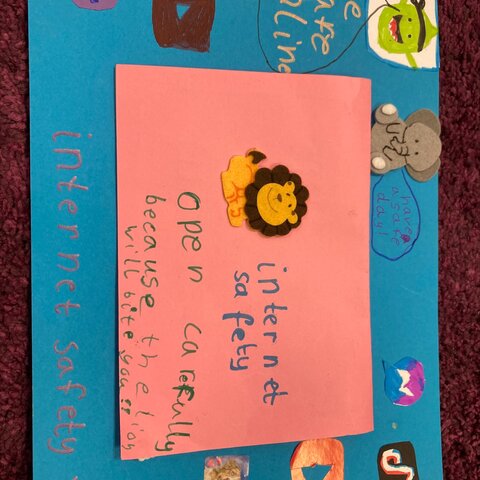
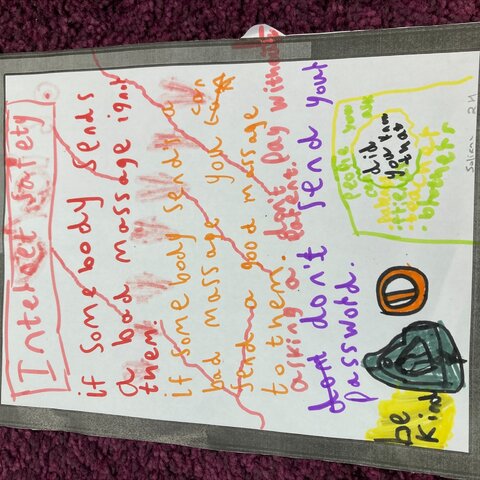
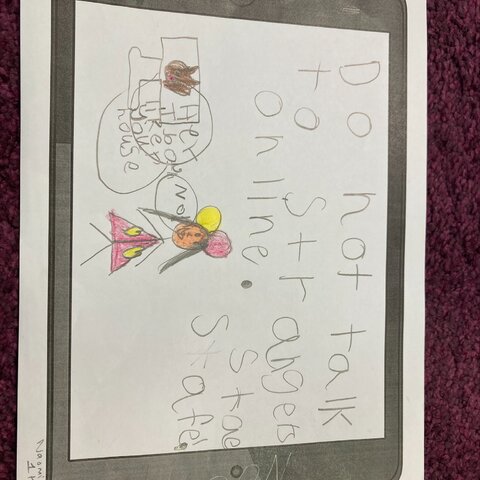
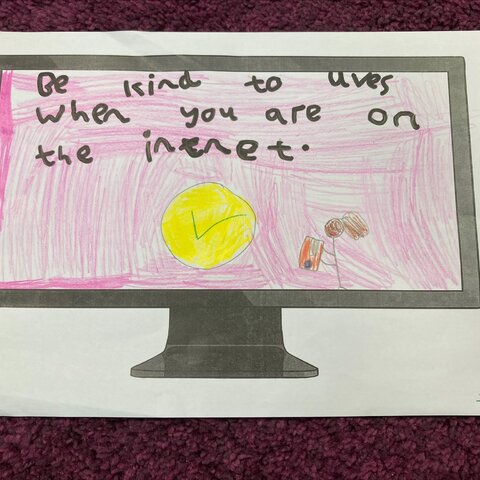
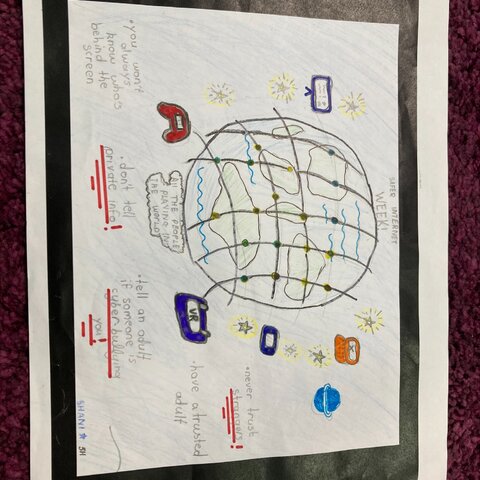
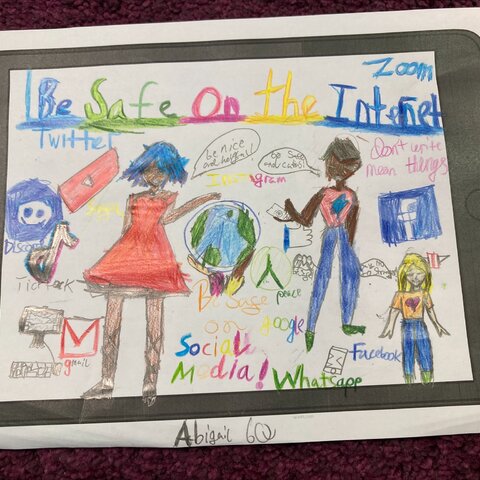
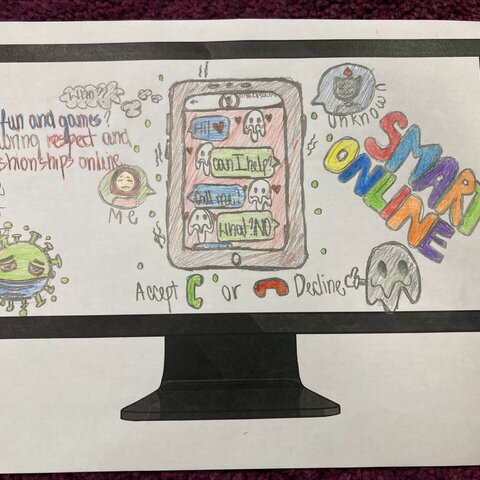
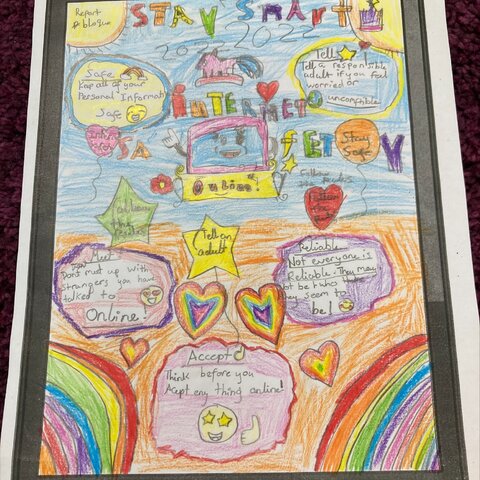
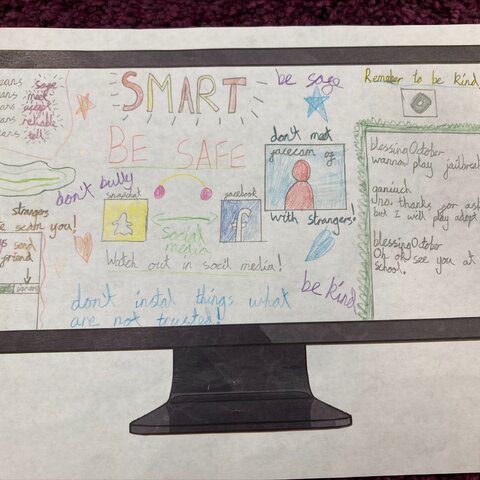
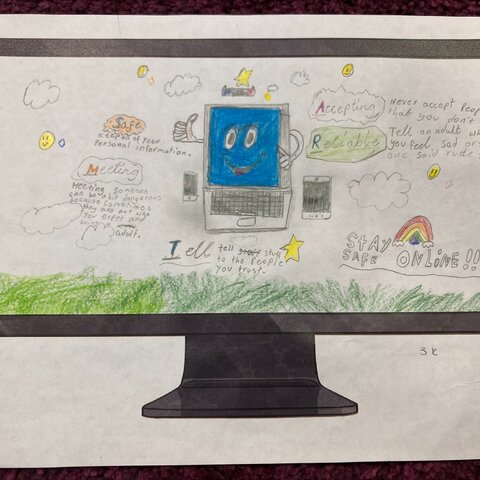
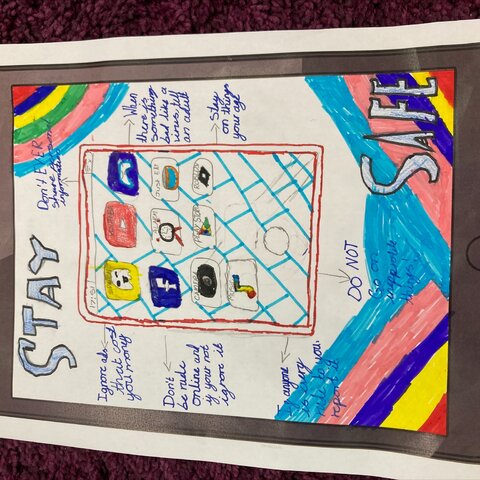


_0.jpg)
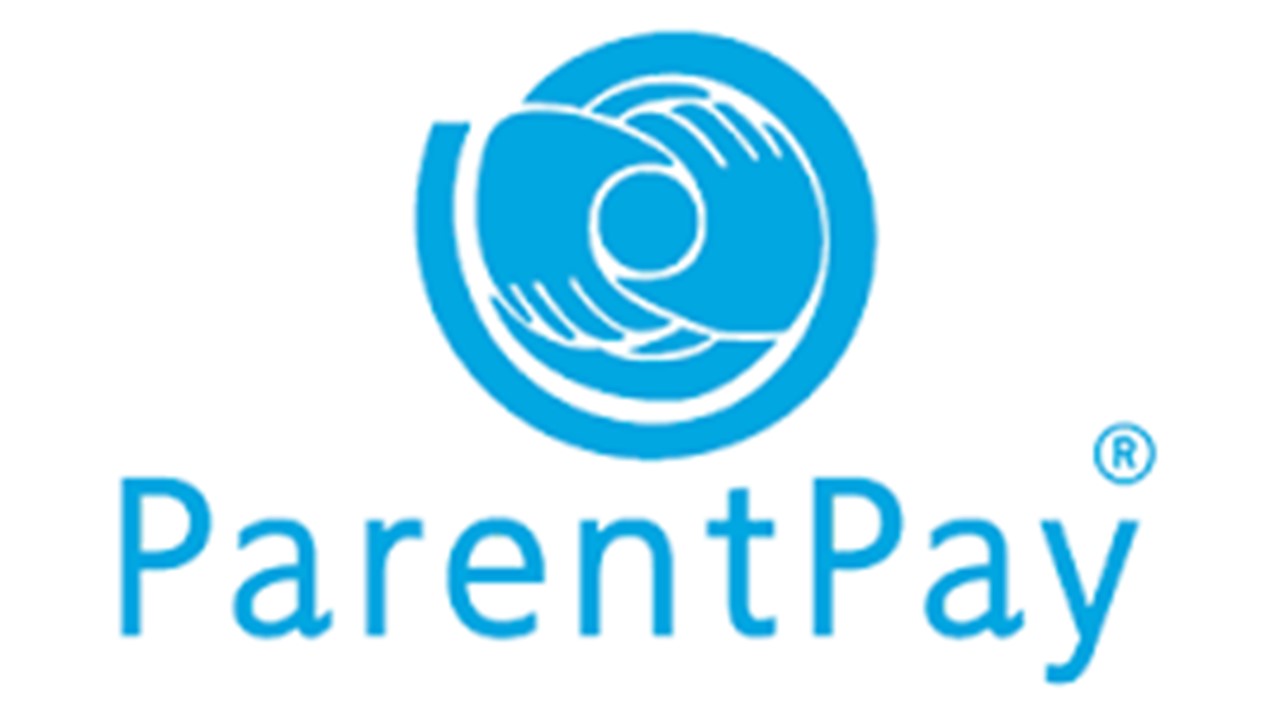

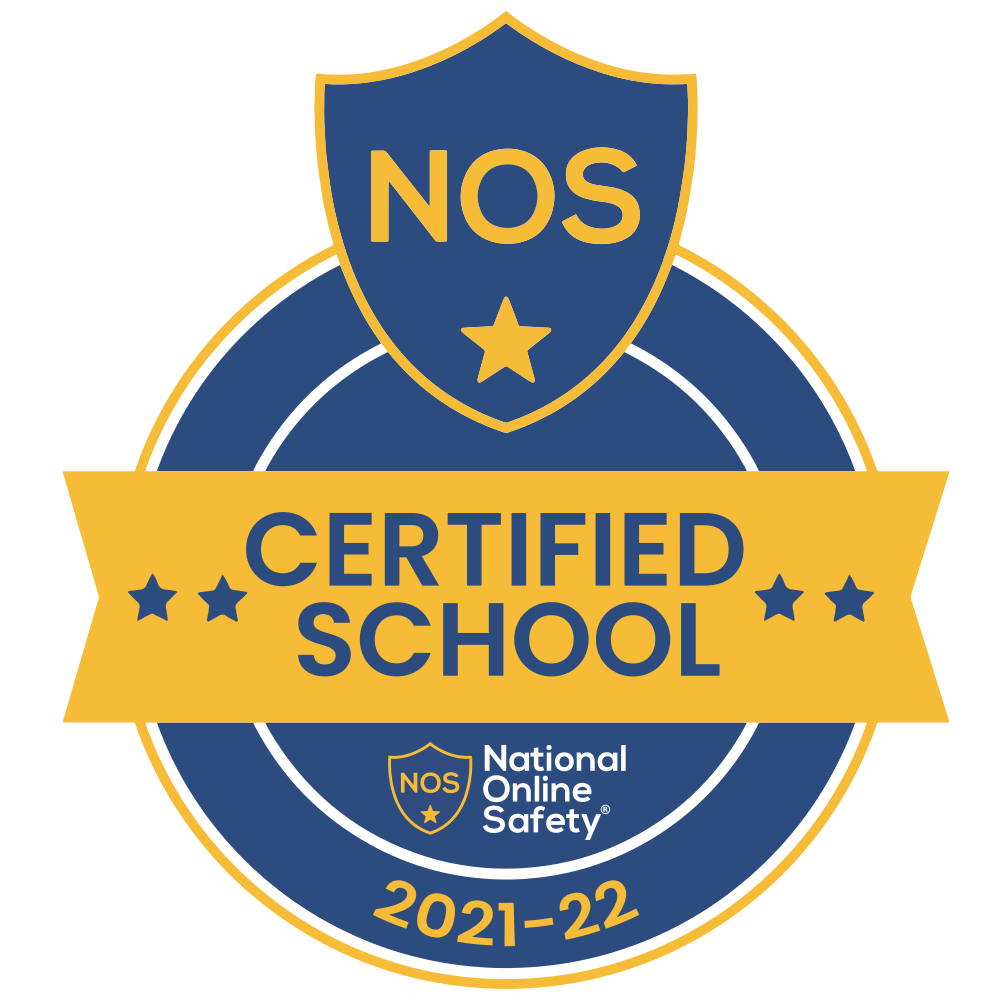
.jpeg)
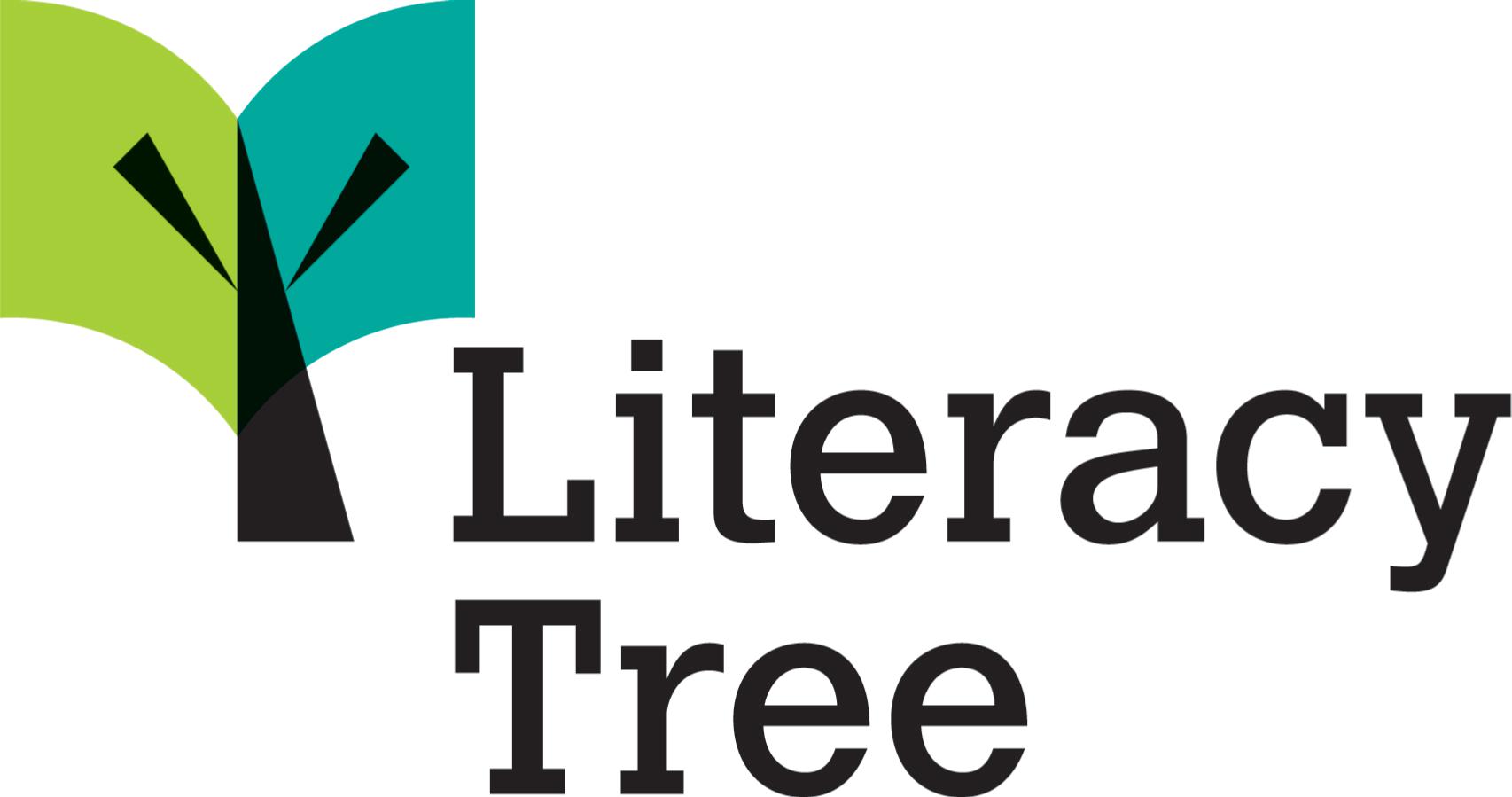
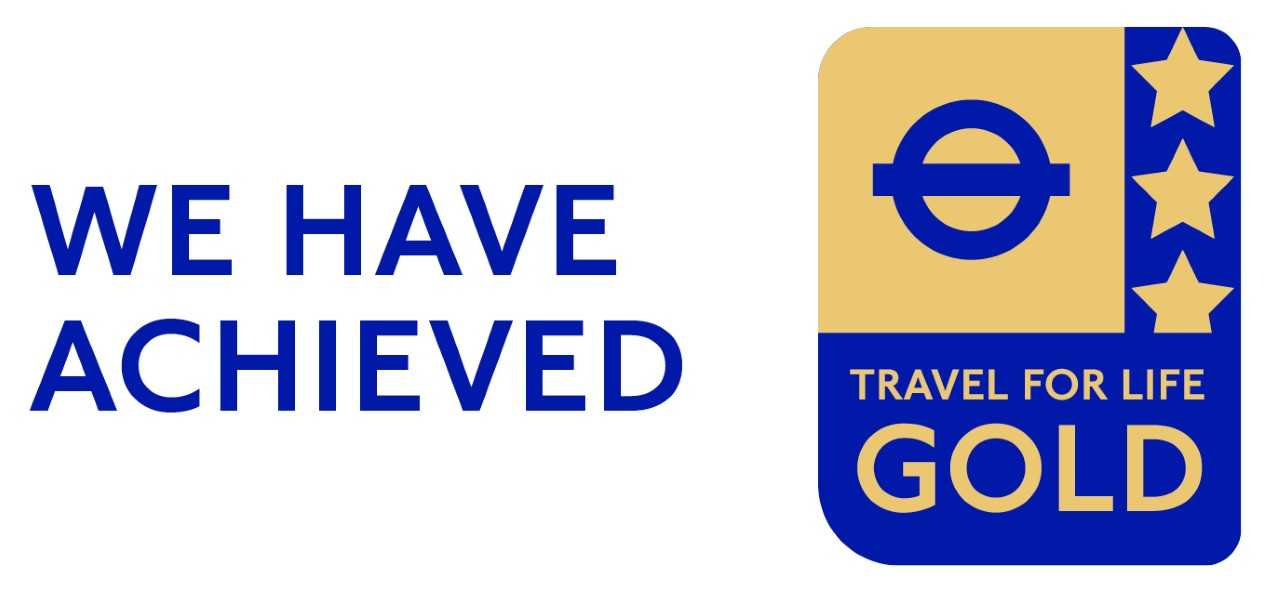

.jpg)
.png)

.jpg)

